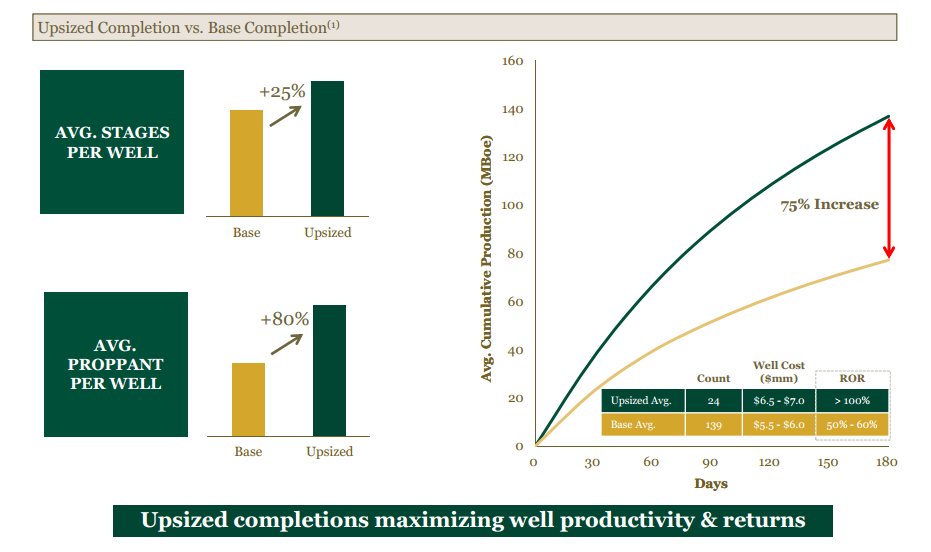|
Special WTF re-issue. Slate ranks it as the number one podcast of all time.
0 Comments
JT and Garth get together for a duet. After having seen dozens of concerts, Garth Brooks in Copps Colosseum mid 90s, remains the best live performance I have experienced. Via the Investor presentation from Concho. Discussed on Bloomberg here.
Social Welfare and economic success are compliments not substitutes.
"Millions of men are trying to find work. And among the 45 percent of men who said they had looked in the last year, large majorities said that to get a job they would be willing to work nights and weekends, start over in a new field, return to school or move to a new city."
But they can't. NY Times Here is the story on women. "So here is my central claim: The frustration and emptiness so many people feel at this time of year is not an objection to the abundance per se, nor should it be. It is a healthy hunger for nonattachment. This season, don’t rail against the crowds of shoppers on Fifth Avenue or become some sort of anti-gift misanthrope. Celebrate the bounty that has pulled millions out of poverty worldwide. But then, ponder the three practices above. Move beyond attachment by collecting experiences, avoid excessive usefulness, and get to the center of your wheel. It might just turn out to be a happy holiday after all."
"Since then dozens of cities around the world have seen similar success with what has come to be known as “housing first”. The premise is simple: to end homelessness, give out homes—even to people who may have lived on the streets for years. Homeless people are triaged much like arrivals at a hospital emergency room: those deemed most at risk of dying on the street go to the top of the queue. The approach is becoming standard in Denmark and Finland, and is being tried in over a dozen other European countries, as well as Australia and Japan. Over 200 American cities have ten-year plans to end homelessness, following a national plan drawn up four years ago that features the housing-first model. Canadian cities are drawing up similar schemes.
Perhaps surprisingly, the new approach seems to save taxpayers money. Typically, long-term rough sleepers are about 15% of all homeless people but use more than half of all public spending on services for the homeless as they cycle through emergency medical care, detox and jail. Denver, Colorado, reckons each of its 300 “heaviest utilisers” costs taxpayers $37,000 a year and that putting them straight into housing with intensive support from social workers would cost less than half as much. Calgary, the first Canadian city to use a housing-first approach, saw average annual savings of more than $30,000 per person from housing its most acute cases. Savings from housing rough sleepers with less complex problems are lower, and sometimes non-existent, says Nicholas Pleace of the Centre for Housing Policy at the University of York. But getting them off the streets at least means less wasteful use of public services: a police officer’s time is better spent fighting crime than arresting vagrants for trespass. Critics view such programmes as rewarding bad behaviour: many of those housed continue to drink and use drugs, and remain unemployable. Advocates point to the harms avoided: a recent study in Canada that randomly assigned participants to housing-first or a standard programme concluded that housing them did more to improve their quality of life and their functioning in the community. Such findings help win over those who favour doing what is most humane, says Paul Howard of Community Solutions, a charity that champions the housing-first model. The criticism will fade further, he thinks, as more people come to see addiction as a grave health problem exacerbated by rough sleeping, rather than a choice." |
Categories
All
Archives
November 2017
|

 RSS Feed
RSS Feed
